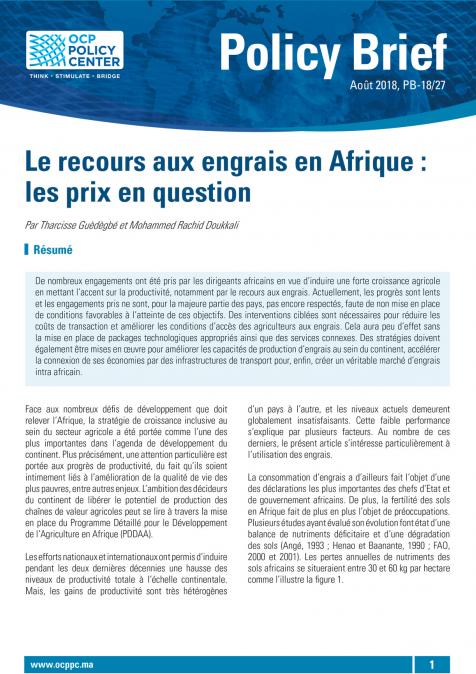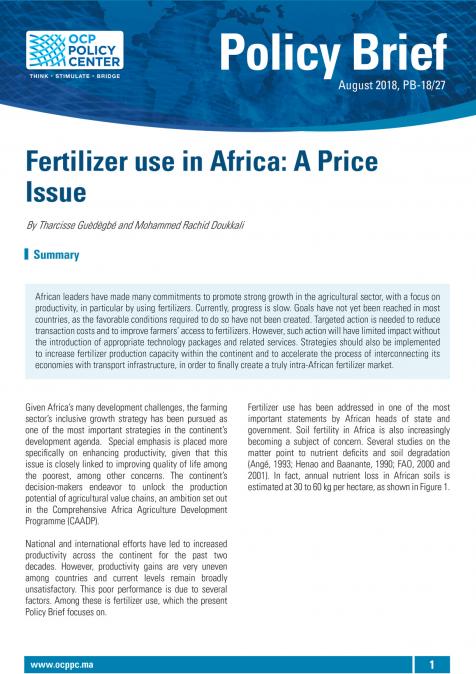Landry Signé, Fellow, Africa Growth Initiative, Brookings Institution and Senior Fellow, OCP Policy Center
Speakers

Landry Signé
Senior Fellow
Professor Landry Signé is Senior Fellow at Policy Center for the New South. He is also a Professor and Senior Director at the Thunderbird School of Global Management, where he co-founded and is leading the Fourth Industrial Revolution and Globalization 4.0 Center and co-leading the Washington DC Regional Center of Excellence. He is also a Senior Fellow in the Global Economy and Development Program at the Brookings Institution, Distinguished Fellow at Stanford University, Chairman of the Global Network for Africa's Prosperity, Senior Adviser to top global leaders (presidential, ministerial, and C-suite levels) in business, policy, and international affairs. In addition, he has been on numerous boards and councils including for the World Economic Forum, the United Nations, Ampio ...




